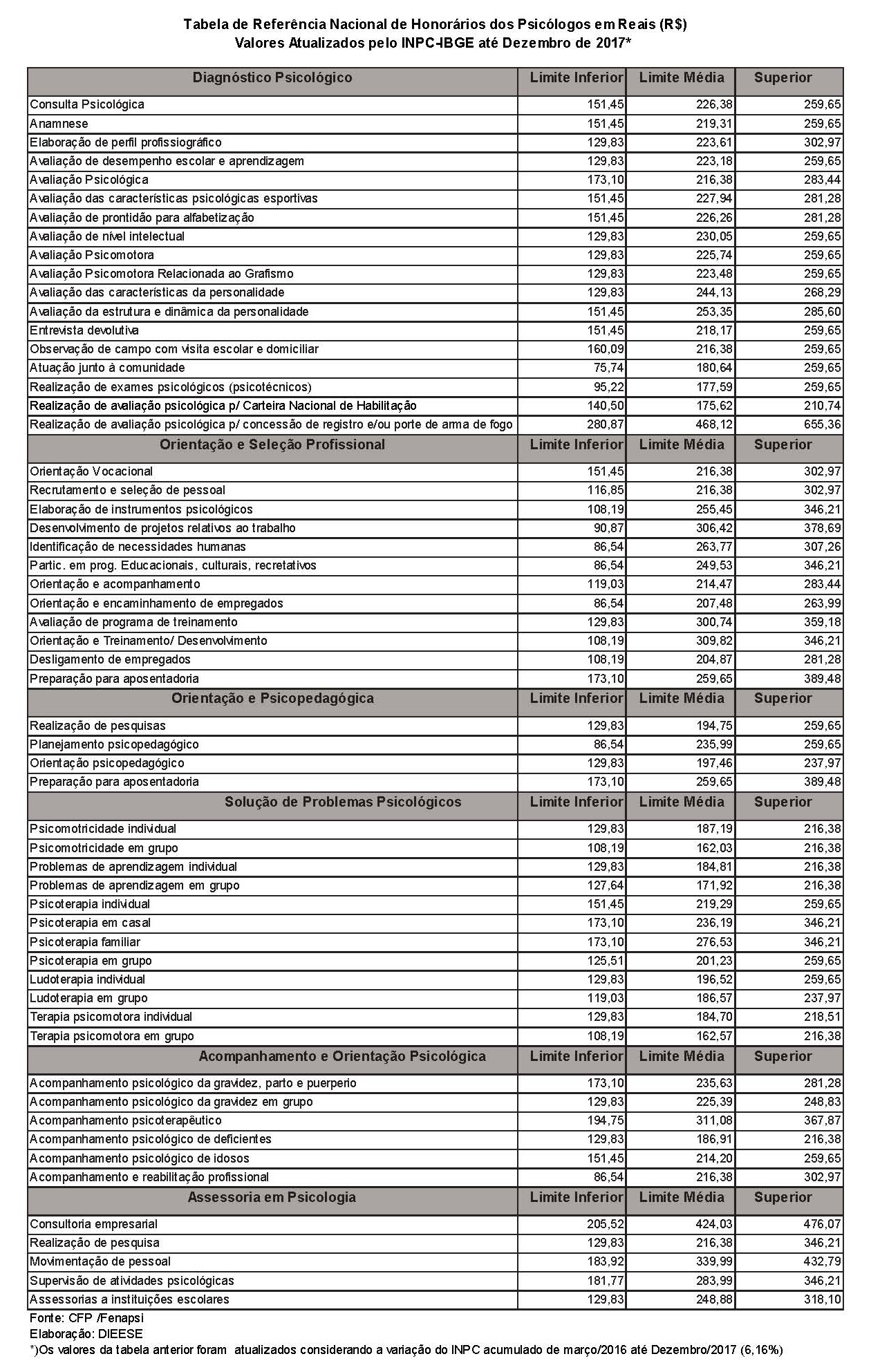Cracking The Code: A Deep Dive Into "Reference Code" And Why It Matters
Have you ever stumbled upon that mysterious little string of letters and numbers when signing up for an app or making a purchase online? That's what we call a reference code, folks. It's more than just random gibberish—it's a key that unlocks special deals, tracks transactions, and even helps businesses keep their systems in check. Whether you're a savvy online shopper or a business owner looking to streamline operations, understanding reference codes can be a game-changer.
In this digital age, reference codes have become an integral part of how we interact with brands and services. From booking flights to signing up for subscription boxes, these codes play a crucial role in ensuring smooth transactions and personalized experiences. But what exactly is a reference code, and why should you care? Stick around, because we're about to break it down for you in a way that's both informative and easy to digest.
This article is your ultimate guide to everything reference code-related. We'll explore its uses, benefits, and how you can leverage it to your advantage. Whether you're looking to save money, boost your business, or simply understand how the system works, we've got you covered. So grab a cup of coffee, get comfy, and let's dive in!
- Zverev Daughter A Rising Star In The Spotlight
- Why Vegamovies Netflix India Is The Next Big Thing In Streaming
What Exactly Is a Reference Code?
A reference code is essentially a unique identifier that acts as a digital fingerprint. It's a combination of letters, numbers, or symbols that businesses use to track transactions, verify identities, and offer exclusive deals. Think of it like a secret handshake between you and the company you're dealing with. These codes can come in various forms, such as promo codes, order numbers, or referral links, and they all serve a specific purpose.
Why does it matter? Well, reference codes are the unsung heroes of the digital world. They help businesses keep track of customer interactions, ensure transparency, and provide personalized experiences. For consumers, they offer a chance to snag discounts, participate in loyalty programs, or even earn rewards. In short, reference codes make life easier for everyone involved.
How Reference Codes Work
Let's break it down step by step. When you enter a reference code during checkout, the system recognizes it and applies the associated benefits. For example, if you're using a promo code for a 20% discount, the code tells the system to deduct that amount from your total. Similarly, referral codes allow businesses to track which users are bringing in new customers, enabling them to reward both parties.
- Sarah Jessica Parkers Weight And Height The Inside Story Youve Been Waiting For
- Kitalovexoxo The Ultimate Guide To A Heartfelt Online Experience
Behind the scenes, reference codes are stored in databases and linked to specific actions or transactions. This ensures that each code is used correctly and that the intended benefits are delivered. It's like a well-oiled machine, and it all starts with that little string of characters you entered.
Types of Reference Codes
Not all reference codes are created equal. Depending on their purpose, they can take on different forms and functions. Here's a quick rundown of the most common types:
- Promo Codes: These are designed to offer discounts or special deals. They're often used during sales events or to attract new customers.
- Referral Codes: Also known as invite codes, these encourage existing users to bring in new ones by offering rewards for both parties.
- Order Numbers: These codes help track your purchases and provide a reference point for customer service inquiries.
- Tracking Codes: Used by marketers to monitor the performance of campaigns and gather data on user behavior.
- Verification Codes: These ensure that the person entering the code is who they claim to be, often used in two-factor authentication.
Each type of reference code serves a specific purpose, and understanding their differences can help you use them more effectively.
Common Uses of Reference Codes
Reference codes are everywhere, and their applications are as diverse as the industries that use them. Here are some of the most common scenarios where you'll encounter them:
- Online Shopping: Enter a promo code at checkout to unlock discounts or free shipping.
- Travel Booking: Use a booking reference to manage your reservations or check your flight status.
- Software Subscriptions: Enter a license key to activate your account or access premium features.
- Referral Programs: Share your referral code with friends to earn rewards or discounts.
Whether you're shopping for clothes, booking a vacation, or signing up for a new app, reference codes are there to make the process smoother and more rewarding.
The Benefits of Using Reference Codes
So, why should you bother with reference codes? The answer is simple: they offer a ton of benefits for both consumers and businesses. For starters, they help you save money by unlocking exclusive deals and discounts. They also provide a sense of security, as they ensure that your transactions are tracked and verified. Plus, they make it easier to participate in loyalty programs and earn rewards.
On the business side, reference codes help streamline operations, improve customer engagement, and gather valuable data. They enable companies to offer personalized experiences, track user behavior, and measure the success of marketing campaigns. In short, reference codes are a win-win for everyone involved.
For Consumers: Why You Should Care
As a consumer, reference codes can be your best friend. They give you access to special deals, help you track your purchases, and make it easier to resolve issues with customer service. Plus, they're a great way to participate in referral programs and earn rewards for bringing in new customers. Whether you're shopping online, booking a trip, or signing up for a new service, reference codes can enhance your experience and save you money.
How Businesses Use Reference Codes
For businesses, reference codes are more than just a tool for offering discounts—they're a powerful marketing weapon. By tracking how and where codes are used, companies can gain insights into customer behavior, optimize their campaigns, and improve their bottom line. Here are some of the ways businesses leverage reference codes:
- Customer Acquisition: Use referral codes to encourage existing customers to bring in new ones.
- Data Collection: Track how users interact with your website or app to gather valuable insights.
- Marketing Attribution: Measure the effectiveness of your campaigns by tracking which codes are used most often.
- Personalization: Offer tailored experiences based on user behavior and preferences.
By using reference codes strategically, businesses can build stronger relationships with their customers, improve engagement, and drive growth.
Best Practices for Businesses
If you're a business owner, here are some tips for using reference codes effectively:
- Keep It Simple: Use short, easy-to-remember codes that are hard to mistype.
- Set Clear Rules: Make sure customers understand how and when to use the codes.
- Monitor Performance: Track how often codes are used and adjust your strategy accordingly.
- Personalize Experiences: Use data collected from codes to offer more relevant content and promotions.
By following these best practices, you can maximize the impact of your reference codes and create a more engaging customer experience.
The Future of Reference Codes
As technology continues to evolve, so too will the role of reference codes in our daily lives. With the rise of AI and machine learning, businesses will be able to create more personalized and dynamic codes that adapt to user behavior. We may even see the integration of reference codes with voice-activated assistants and augmented reality, making the shopping and booking experience even more seamless.
One thing is certain: reference codes aren't going anywhere anytime soon. They'll continue to play a crucial role in how we interact with brands and services, offering convenience, security, and value to both consumers and businesses alike.
Trends to Watch
Here are a few trends to keep an eye on in the world of reference codes:
- AI-Powered Codes: Codes that adapt in real-time based on user behavior and preferences.
- Blockchain Integration: Using blockchain technology to enhance security and transparency.
- Voice-Activated Codes: Codes that can be activated through voice commands, making the process even easier.
As these trends develop, reference codes will become even more powerful and versatile tools for businesses and consumers alike.
How to Create Your Own Reference Code
Thinking about creating your own reference code? It's easier than you might think. Whether you're a business owner or just looking to share your love for a particular service, here's how you can do it:
Step 1: Decide on the purpose of your code. Are you offering a discount, tracking referrals, or something else?
Step 2: Choose a format that's easy to remember and use. Keep it short and sweet, and avoid using numbers that look like letters (e.g., 0 and O).
Step 3: Set clear rules for how and when the code can be used. This will help prevent abuse and ensure a smooth experience for everyone involved.
Step 4: Promote your code through social media, email campaigns, or word-of-mouth. The more people know about it, the more effective it will be.
Tools for Generating Codes
If you're not sure where to start, there are plenty of tools available to help you create and manage reference codes. Some popular options include:
- Google Forms: Use this free tool to create simple referral programs.
- ReferralCandy: A dedicated platform for managing referral programs and tracking performance.
- Discount Rules: A plugin for WordPress and WooCommerce that allows you to create and manage promo codes.
With the right tools, creating and managing reference codes has never been easier.
Conclusion
Reference codes may seem like a small detail, but they pack a big punch when it comes to enhancing the customer experience and driving business growth. Whether you're a savvy shopper looking to save money or a business owner seeking to improve engagement, understanding how reference codes work can be a game-changer.
So next time you see that little box asking for a code, don't skip over it—take a moment to explore the possibilities. Who knows? You might just discover a deal too good to pass up or a tool that takes your business to the next level.
Got questions or thoughts about reference codes? Drop a comment below and let's chat! And don't forget to share this article with your friends and followers. Together, let's crack the code and make the most of what reference codes have to offer!
Table of Contents
- What Exactly Is a Reference Code?
- Types of Reference Codes
- The Benefits of Using Reference Codes
- How Businesses Use Reference Codes
- The Future of Reference Codes
- How to Create Your Own Reference Code
- Tools for Generating Codes
- Young Paradise 517 Register Your Ultimate Guide To Joining The Adventure Of A Lifetime
- Yamamura Sadako Sauce Animation Series A Deep Dive Into The Spicy World Of Anime

Código de Conduta Hypeflix

Modelo de código de barras ilustração vetorial de código de barras

TabeladeReferênciaNacionaldeHonoráriosdosPsicólogosemReais